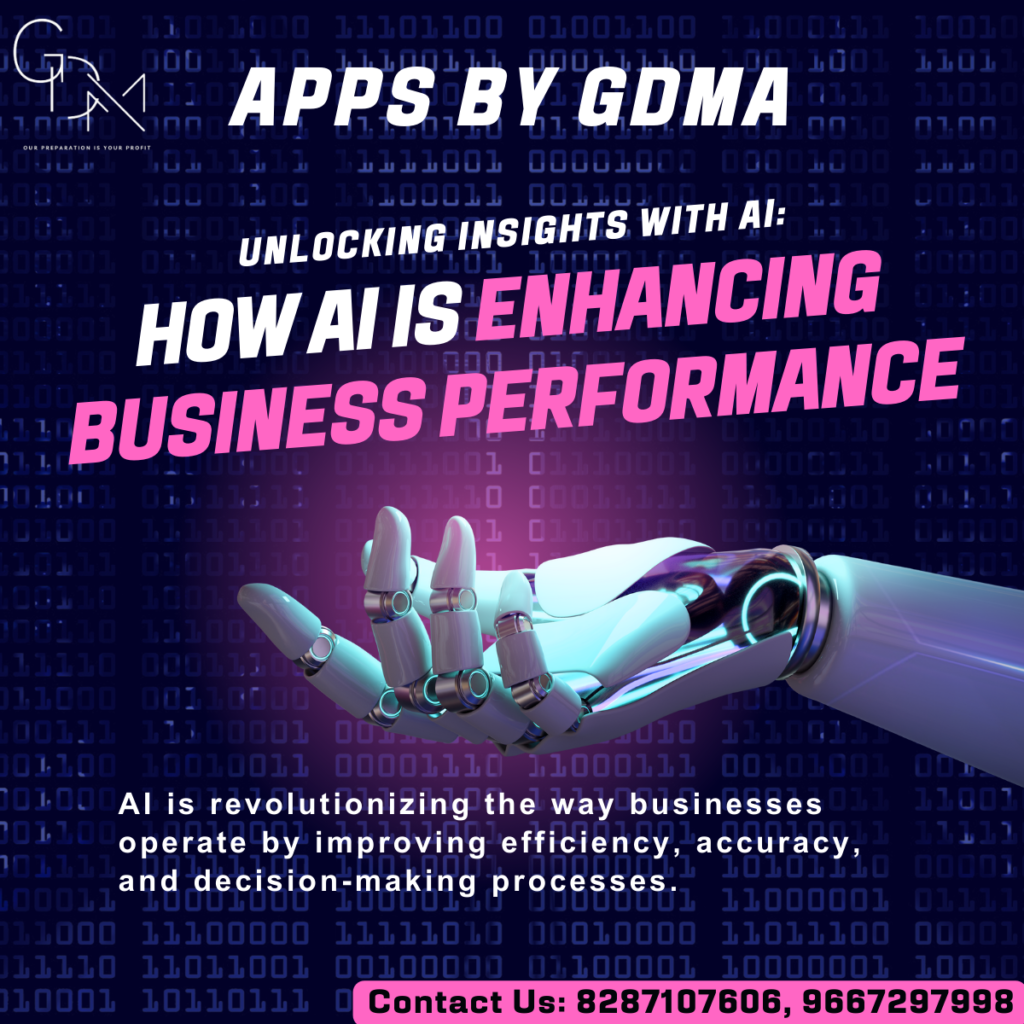AI, or artificial intelligence, refers to the simulation of human intelligence in machines that are programmed to think and learn like humans. It involves the development of computer systems capable of performing tasks that would typically require human intelligence, such as speech recognition, problem-solving, decision-making, and language translation. AI has the potential to revolutionize various industries and improve efficiency in areas such as healthcare, transportation, finance, and customer service. Artificial intelligence is very promising and has already made significant advancements in areas like autonomous vehicles, virtual assistants, and medical diagnosis. As AI continues to evolve, it is expected to bring about further advancements in fields like robotics, data analysis, and personalized medicine. With its ability to process vast amounts of data quickly and accurately, AI has the potential to revolutionize how businesses operate and enhance the overall quality of life for individuals. The benefits of AI are that it can automate repetitive tasks, improve efficiency and productivity, and enable faster decision-making. Additionally, AI has the potential to improve accuracy and reduce errors in various industries, leading to better outcomes for both businesses and consumers. Furthermore, AI can also help in addressing complex problems and finding innovative solutions that were previously difficult or impossible to achieve. AI in marketing is a game-changer as it can analyze vast amounts of data to provide valuable insights into consumer behavior and preferences. It can also personalize marketing campaigns and deliver targeted advertisements, resulting in higher conversion rates and increased customer satisfaction. Additionally, AI-powered chatbots and virtual assistants can provide instant customer support, improving the overall customer experience. With AI in marketing, businesses can gain a competitive edge by staying ahead of market trends and making data-driven decisions. AI in marketing is rapidly growing as technology continues to advance. As AI becomes more sophisticated, it has the potential to revolutionize not only marketing strategies but also the entire customer journey, from initial engagement to post-purchase support. Benefits of AI in marketing include personalized customer experiences, improved targeting and segmentation, increased efficiency and productivity, and enhanced customer satisfaction. AI can analyze vast amounts of data to identify patterns and trends, allowing businesses to deliver tailored marketing messages to individual customers. This level of personalization can significantly improve customer engagement and conversion rates. Additionally, AI-powered algorithms can segment customers based on their preferences and behaviors, enabling businesses to target specific audiences with relevant content and offers. By automating repetitive tasks and processes, AI also frees up marketers’ time, allowing them to focus on more strategic initiatives. Ultimately, AI in marketing has the potential to create a seamless and enjoyable customer journey, leading to increased customer loyalty and long-term success for businesses. The role of AI in marketing is not limited to customer engagement and segmentation. AI can also analyze large amounts of data to provide valuable insights and predictions, helping marketers make data-driven decisions. Furthermore, AI can personalize marketing campaigns by delivering personalized recommendations and offers to individual customers based on their past interactions and preferences.
This level of personalization can greatly enhance the customer experience and drive higher conversion rates. The subject of AI is not limited to customer engagement and segmentation. It can also assist in automating repetitive tasks such as data analysis, allowing marketers to focus on more strategic initiatives. Additionally, AI-powered chatbots can provide immediate customer support, improving response times and overall satisfaction. The integration of AI in marketing strategies has the potential to revolutionize the industry and drive significant growth for businesses.The subject of AI in marketing is expanding beyond customer engagement and segmentation. It is also being utilized for predictive analytics, helping marketers make data-driven decisions and optimize their campaigns. Furthermore, AI can enable hyper-personalized advertising by analyzing vast amounts of consumer data and delivering targeted messages to the right audience at the right time. With its wide range of applications, AI is becoming an indispensable tool for marketers looking to stay ahead in a competitive landscape.

